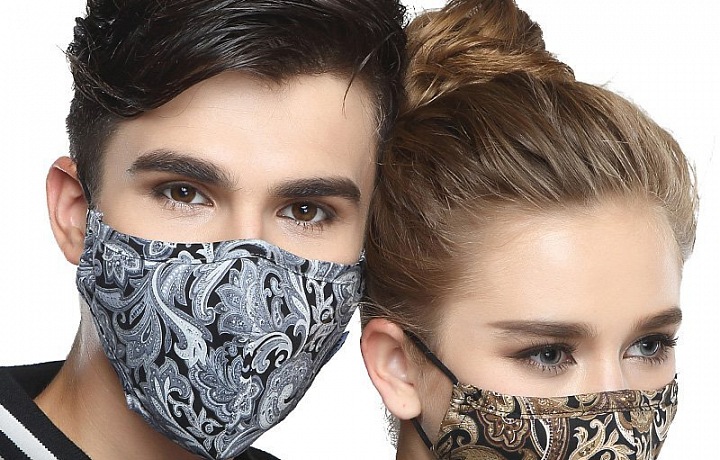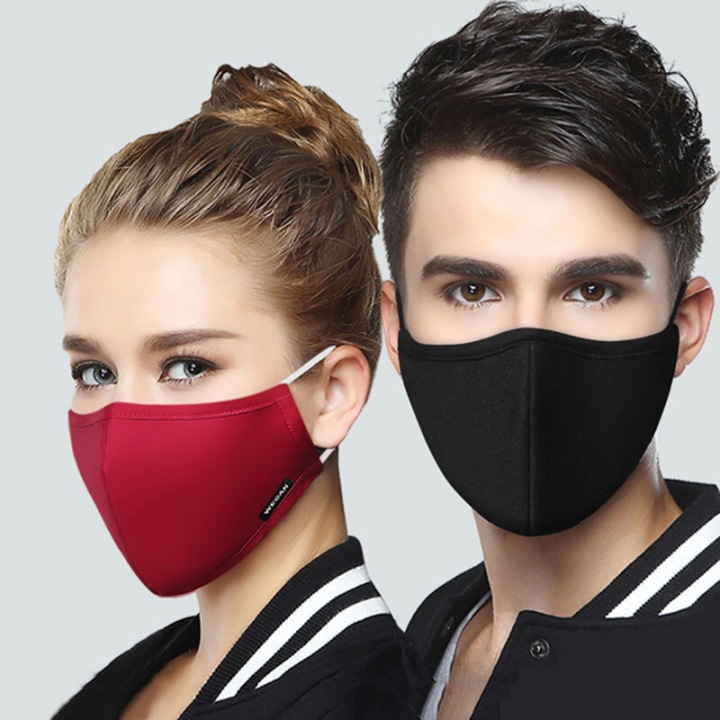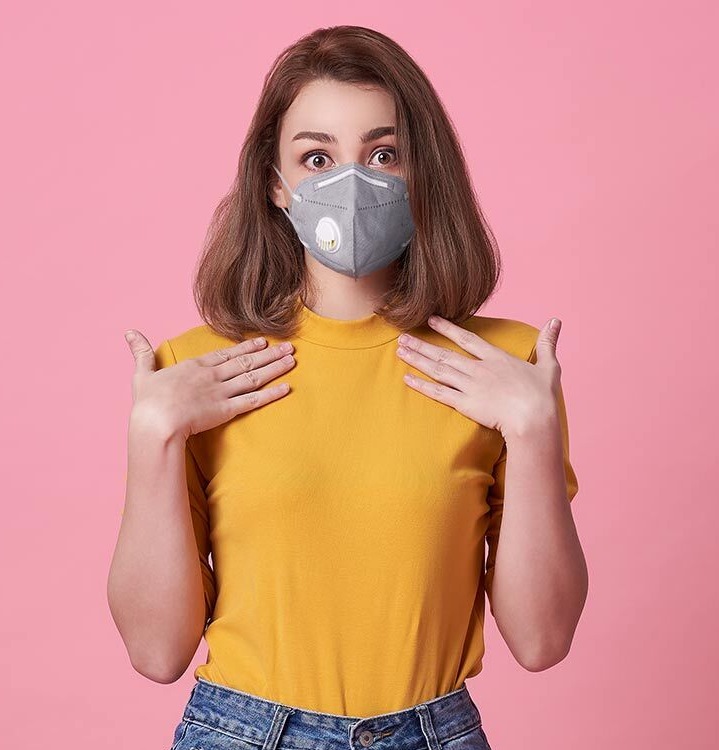An overview of respirators: We know which types will protect you against the coronavirus
All of Europe, including the Czech Republic, is currently struggling with a lack of effective respirators that provide protection against the coronavirus infection. Not even healthcare professionals who come into contact with patients every day have enough of respirators and they often have to resort to inadequate means of protection. LP-Life.cz brings an overview of the types of respirators and their efficacy, so that you'd know what to buy if you come across them in a store.
Respirators protect healthy people from dust, smoke and aerosol (liquid mist) that can enter the lungs. And the coronavirus is most frequently transmitted through aerosol. Another way of transmission is by touching affected objects or surfaces. You touch a surface on which the virus is found, and then your face, mouth, or eyes. It is therefore necessary to protect yourselves with gloves as well.
Basic face masks and protection
Faces mask primarily prevents a sick person from infecting other people. According to experts, a classic surgical face mask can block up to 90% droplets (through which coronavirus spreads); a basic home-made face masks blocks about 70% droplets. This means that if all people in the Czech Republic wore face masks, the risk of getting infected from each other would be greatly reduced. This significantly slows the spreading of the coronavirus. After each wearing, however, face masks need to be washed or boiled at a high temperature, properly dried and ideally also ironed.
Respirator classification based on protection against the coronavirus
Respirators fall into three basic classes according to their effectiveness and ability to filter harmful substances before they enter the airways. The classes are as follows:
- FFP3 - Offers the highest level of protection against aerosols, dust and smoke. The respirators block at least 99% of all airborne particles, toxic substances and can also filter out the coronavirus.
- FFP2 - Provides a medium level of protection; the respirators block at least 94% of airborne particles. They offer a decent protection against some viruses that spread through aerosol.
- FFP1 - Offers the lowest level of protection from all the respirator classes, filtering out about 80% of the particles. It does not protect against the coronavirus.
In short, the only respirators that will protect you from a virus infection are those of the FFP3 class, FFP2 respirators offer partial protection. Some countries also recommend the use of N95 type respirators whose effectiveness is similar to that of the FFP2 class. Only the FFP3 class can reliably filter out the new coronavirus.
The Ministry of Health mentions the following guidelines for FFP3 respirators: "The FFP3 respirator is recommended for aerosol-generating processes such as tracheal intubation, tracheostomy, airway aspiration, bronchoscopy, sputum induction, cardiopulmonary resuscitation, etc. For other processes, a lower protection class is sufficient."
A novelty on the market, nanofiber face masks, are another type of product that provides protection against the coronavirus. They are produced by the Brno-based company Respilon and can handle viruses well. Because they don't have a firm construction, they don't meet the standard for the FFP3 class, but their efficiency is comparable. Moreover, Respilon tested them specifically for the detection of bacteria and viruses - they block 99.9% of microorganisms. So The coronavirus has no chance here!





















